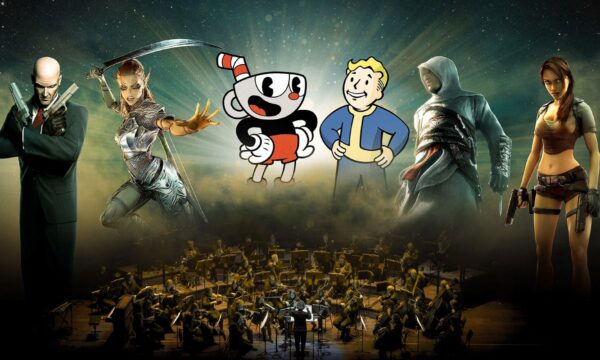Words by Jamie Russell
Markus Persson, the Swedish developer behind the phenomenally successful game Minecraft received the Special Award at the GAME British Academy Video Games Awards 2012.
When Persson was nine, he wrote his first game: a punishing text adventure. In his teens, he became known by his online nickname ‘Notch’. At 31, he became a millionaire thanks to Minecraft, a game that wasn’t even finished.
Like his constantly updated hit title, a blockbuster game about building with blocks, Persson’s career is a work in progress. Today the 32-year-old has the industry at his feet, even turning down a job offer from Valve, the Pixar of video games. “I’m still a bit shocked that I did that,” he laughs.





